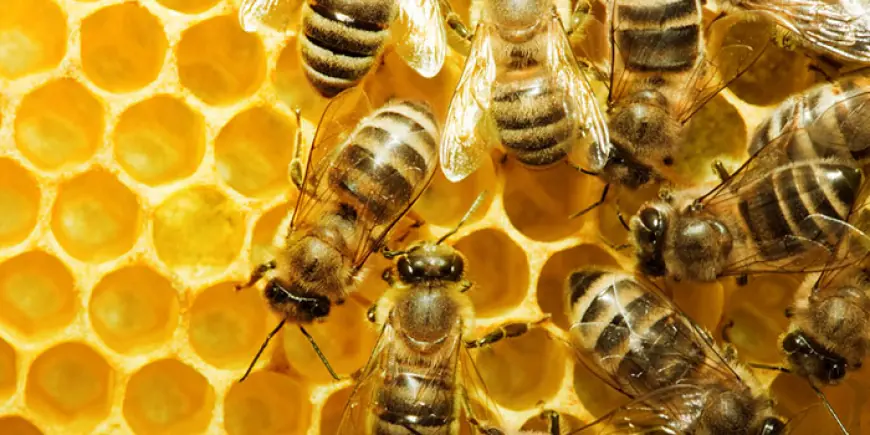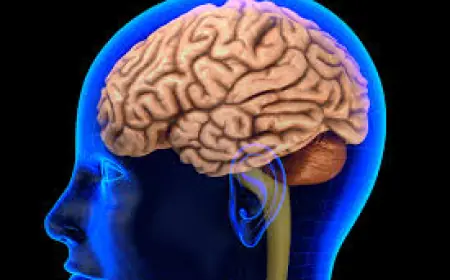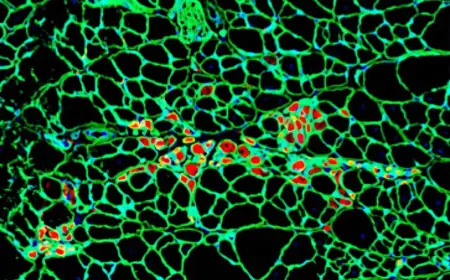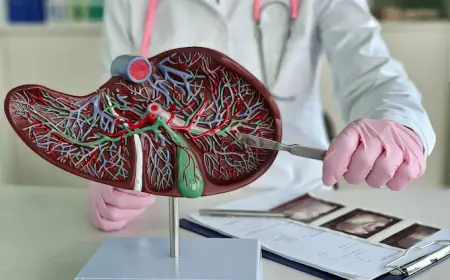Russian scientists discover: main component of bee venom helps fight cancer
Researchers from the Blokhin National Medical Research Center of Oncology (Ministry of Health of the Russian Federation) have discovered that melittin, the main component of bee venom, can be used in cancer treatment.

This was reported to Gazeta.Ru by the laboratory of oncogenomics at the Blokhin Cancer Center.
Melittin is a biologically active substance and the primary component of bee venom. Scientists have been studying its potential for cancer therapy for years. In particular, the laboratory is researching its effects on breast cancer cells — including those resistant to the chemotherapy drug doxorubicin — as well as on cells of aggressive skin melanoma, hepatocarcinoma (liver cancer), and glioblastoma (a malignant brain tumor).
“At low working concentrations, melittin induces the death of most tumor cells via apoptosis — programmed cell death. Meanwhile, non-tumor cells — such as normal skin cells — mostly continue to grow and divide (about 85% remain viable). This selective effect is due to melittin interacting with specific receptors found on cancer cells but absent on healthy ones,” explained Maria Kirpichenko, a researcher at the oncogenomics lab.
To reduce toxicity to the overall body, the team has developed nanostructures to “package” melittin for targeted delivery.
“Our research has shown that melittin significantly inhibits the growth of cancer cells derived from tumors of the skin, stomach, liver, pancreas, and brain. Thanks to its low general toxicity when encapsulated or bound for transport, a new class of anticancer drugs could appear in the near future,” noted study leader Anna Lushnikova.



























